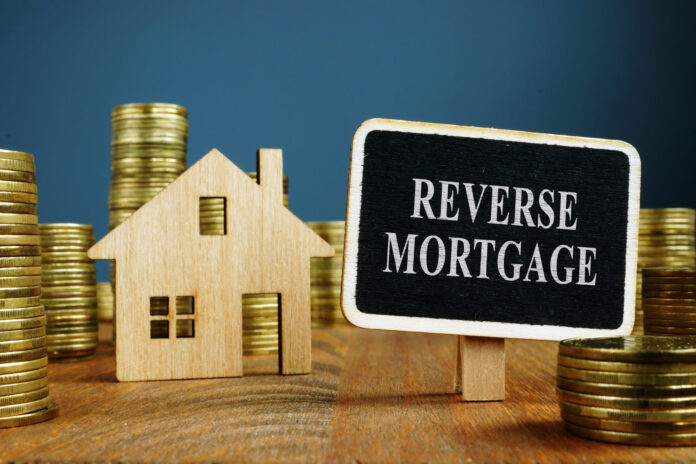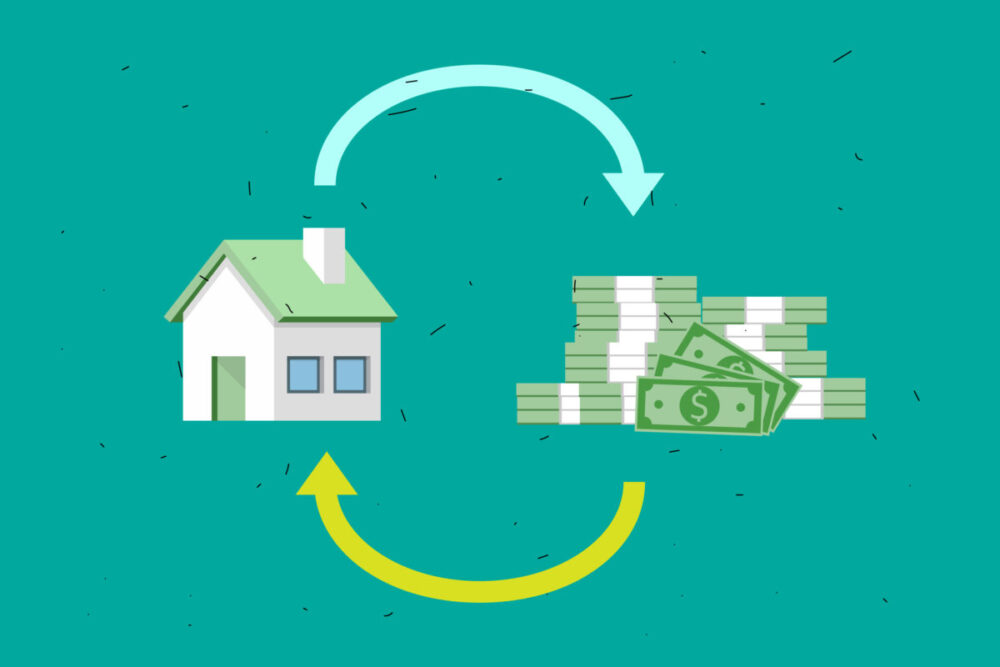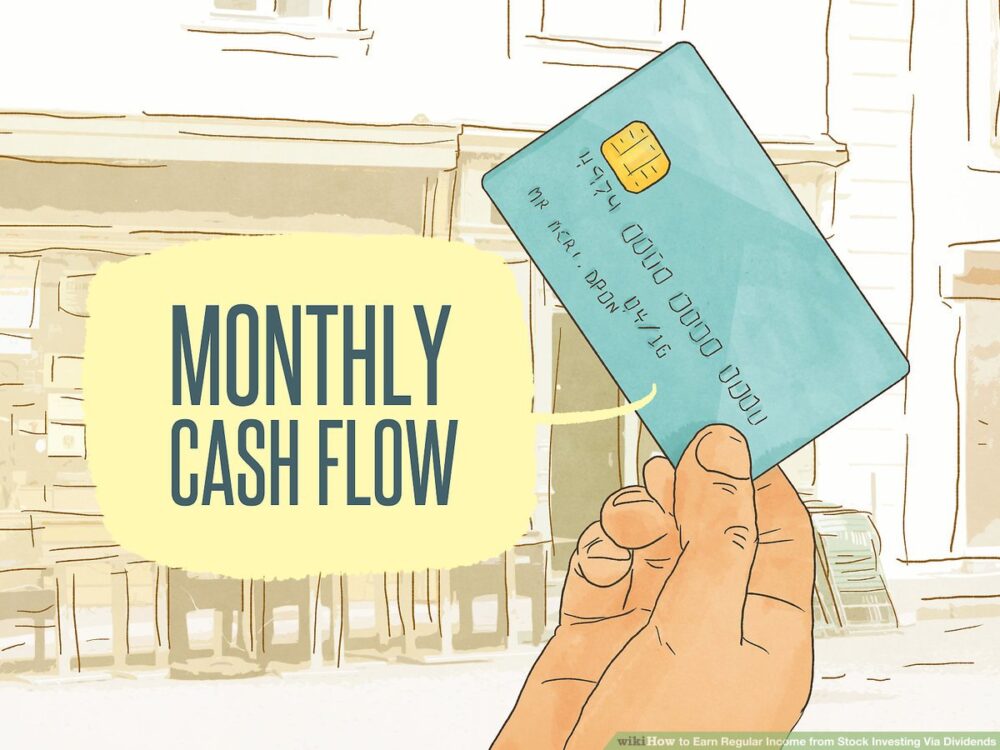
If you own your home and have reached an age to retire, you might just be able to make a bit of money from your home. With a traditional mortgage, you have to make monthly payments to the lender, but with a reverse mortgage, the opposite is true. With this type of loan, the bank pays you each month, and this offers you a way to tap into the equity you’ve built up without having to sell your home to do it.
What Exactly Is a Reverse Mortgage?
A reverse mortgage or HECM (Home Equity Conversion Mortgage) is a type of home loan. Unlike traditional loans, this one results in the borrower receiving a payment each month as opposed to the borrower making a payment each month. As the borrower gets these payments, the balance of the loan will slowly increase with the passing of time. Just as it does with other types of loans, the balance accrues interest. To be qualified for this type of loan, you need to be a minimum of 62 years of age, keep the home as your primary residence, and maintain the property’s condition.
How It Works

A mortgage of this type is essentially a home equity loan where the lender makes set payments to the borrower. This means that you’ll never run into issues with missed or late payments. That said, borrowers will still be responsible for homeowners insurance, property taxes, fees, and interest. The balance of the loan will increase with time, and the interest rate might not be fixed. This can result in higher rates as the balance grows over time.
Use a Reverse Mortgage to Fix Your Debt-to-Income Ratio
One of the benefits of this type of loan is that it can improve your credit in some cases. You may have wondered how to lower your debt to income ratio if yours is rather high. A reverse mortgage can help with this. See, it raises your income, which has the result of lowering that ratio…as long as you don’t take out any more loans or run up your credit cards. This can have a positive impact on your credit.
Regular Income

Getting regular income while you’re not working is a great benefit when you own a home but don’t have a good deal of retirement savings or investments. You’ll be able to use this type of mortgage to supplement your Social Security as well as other income from retirement or pensions or even as your only source of income. For people who own valuable homes that are unencumbered by a mortgage and who don’t have a lot of other income, this kind of loan can be a critical lifeline that can help them maintain their lifestyle past their working years.
Tax-Free Money
The money you get from a mortgage of this type isn’t considered taxable income. This means it’s not like other sources like work, qualified withdrawals from your IRA or 401(k), and Social Security. Additionally, you need to know that interest accrued on these mortgages isn’t generally deductible unless the money is utilized to improve the home.
Finally, the reverse mortgage isn’t paid off like your typical mortgage. Most of the time, it’s done by selling the home. This is a secured loan, and the lender will be paid from the proceeds. If the sale makes more than what’s owed, you keep anything that’s left over. If you have a mortgage of this type and die, your heirs will be able to repay the loan using the money from the sale or find other ways to repay it if they choose to keep the property.
While a reverse mortgage is a great tool, it’s not for everyone. Be sure to consult with a financial counselor or estate planner to see if it’s the best option for you.








